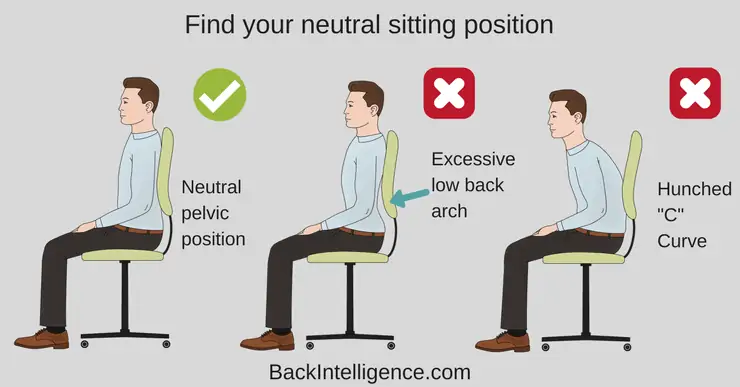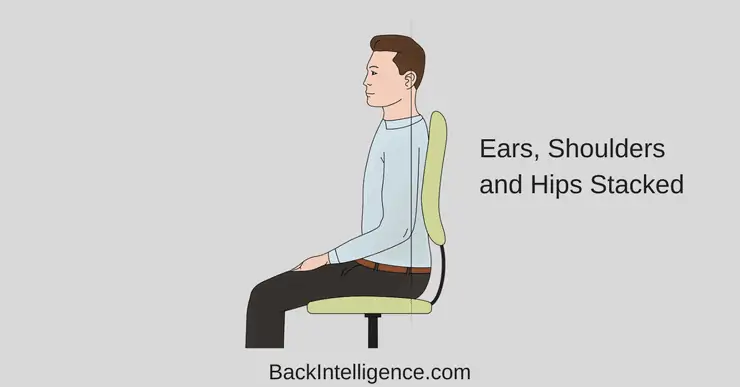

There are different postures practiced by traders worldwide, with the majority known for bad postures such as sitting slumped to one side with the spine bent, keeping the knees, ankles, or arms crossed, dangling or not properly supporting the feet, etc.
Some other sitting postures common to traders include:
— Upright, whether lumbar support is present
— Crossing one leg over the other
— Ankles interlaced
— Leaning forward
— Slumped in the rear
— Kneeling
— Cross-legged
— Leaning to the side
— Perched on the seat’s edge
The truth is — traders tend to sit down unconsciously when they have gone knee-deep into their analysis, trying to figure out biases or entries. Moreso, your position as a trader is somewhat determined by the type of equipment they use, such as office chairs, armchairs, ergonomic chairs, stools, beanbags, and car seats.
Importance of good posture in trading
Proper sitting must be adopted to preserve good posture and a healthy back and spine. A wealth of study in psychology, medicine, and business shows how posture influences traders’ decisions and actions through the transmission of emotional states. The good news is a majority of traders may correct their sitting posture by abiding by a few straightforward rules. Below are five postures you can practice and avoid falling prey to the backlash of wrong postures.
1. Neutral pelvis position

Your pelvis sets your workstation posture. Sit with your buttocks against the chair back and your pelvis neutral. How can I sit with a neutral pelvis? Find your size bones to neutralize your pelvis. When you touch your buttocks, these bones are the most apparent. Sitting in a neutral position with your buttocks against the chair back will prevent your pelvis from tilting forward (anterior pelvic tilt) or backward (posterior pelvic tilt).
2. Ears, shoulders, and hips alignment

You may preserve the natural curves of your spine if you keep your ears, shoulders, and hips in alignment with one another. Any deviation from this posture will cause the natural curves of your spine to move, which will cause you pain and also increase your chance of injury. This is because your spine is being subjected to an excessive amount of stress, which is causing the curves to shift.
3. Lumbar support
Your lower back should have a little lordotic curvature. Kyphosis (hunchback) occurs without support, making your lower back susceptible to sprains, strains, and disc herniation.
4. Hips and knees at lateral
Try to maintain your knees virtually parallel to your hips when sitting at your workstation. This position aids in maintaining a neutral spine position. Sitting in an overly low chair puts your knees over your hips, and sitting perched higher up puts your hips much higher than your knees.
5. Feet flat on the ground (Or inclined on the ground)
Crossing your legs, or touching only your toes to the floor, puts strain on the large supportive muscles of your back, pelvis, and hip and interferes with healthy blood flow.

How to maintain good posture
Maintaining correct posture demands sufficient muscular strength, joint mobility, and balance. Some of the exercises you can practice maintaining your posture include:
— Bridges
— Plank
— Hip flexor stretch
— Mountain pose
— Child pose
Conclusion
As a trader, having a good posture can improve self-confidence and may provide several health benefits, such as lower stress on the muscles and joints, reduced back pain, and many more.
Sources:
—Recommended sitting postures, Healthline; Healthline: Good sitting postures
—Medline plus Canada; medlineplus.gov/guide to good posture








